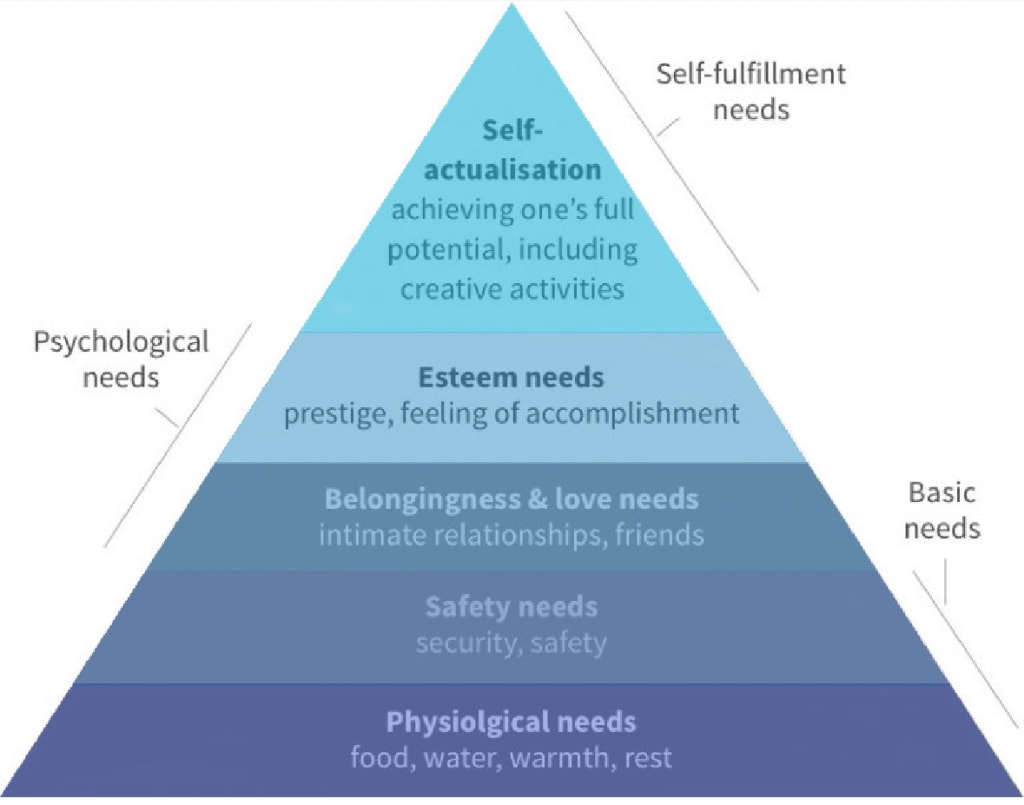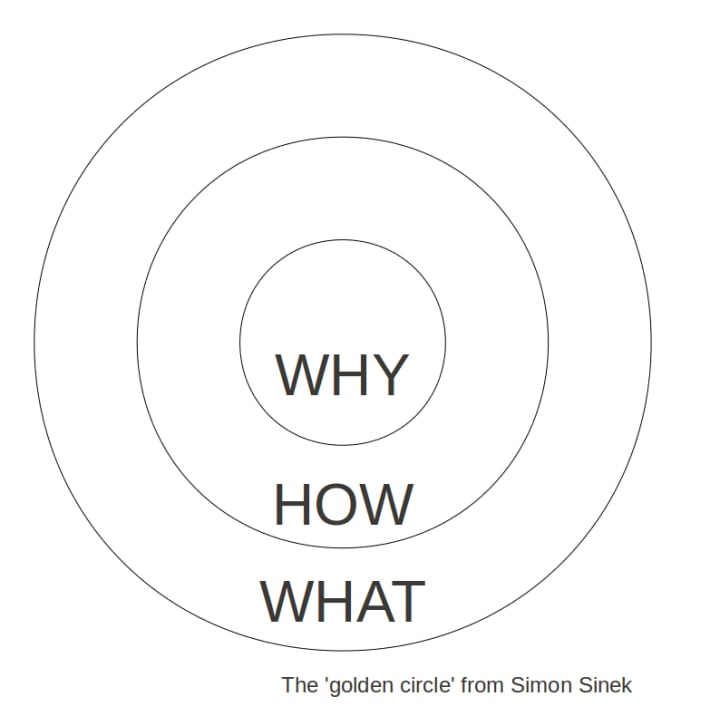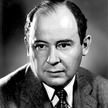Pyramid of Maslow: How This Proven Model Will Make Your Articles Triumph Easily
This is why the pyramid of Maslow will guide your articles toward excellence and value

There are many models that you can follow to make ideas stick:
This book, for example, revolves around the acronym “SUCCESS”, meaning that your articles should be: Simple, Unexpected, Concrete, Credible, Emotional, Story.
I, however, want to propose a new model to guide your articles around: The pyramid of Maslow.
Let’s start with some headlines examples and see how they could look like for each hierarchy of the pyramid of Maslow.
For reference, I am basing all the following headline examples from the list given in Wikipedia such as “water and sleep” belonging to “physiological needs”, and so on:
Headlines According To The Pyramid of Maslow
Physiological needs
“How this food can satiate your hunger more easily.” (i.e. food)
Or:
“How X can make you sleep better.” (i.e. sleep)
(These examples might sound ridiculous, but it’s about the idea I am trying to convey).
Let’s try to expand the same headlines to the “safety needs” hierarchy.
Safety needs
“How this food can make you save more money.” (i.e. financial security)
Or:
“How X can improve your health.” (i.e. health)
Sounds a little bit better already right? Let’s go to the next hierarchy: social belonging.
Social belonging
“How this food can connect you with other people.” (i.e. friendships)
Now, before I want to continue, this example is actually not that ridiculous. You have many commercials in industries such as chewing gum, where they show how sharing your chewing gum with someone can make you connect more easily with that person.
“How X can improve your sleep and make things more intimate in the bedroom.” (Think about a bed commercial).
Now you might say that these examples are “one step above” safety needs, but don’t seem to sound that much better, and I agree especially when comparing these to the “improving your health” part.
I guess what we need to think of when hearing the word “health”, is the following definition from Wikipedia:
Health is a state of physical, mental and social well-being in which disease and infirmity are absent.
Simply that and nothing more, but no matter what, I can still feel some ambiguity. What do you think?
Anyways, let’s go to the next hierarchy: self-esteem.
Self-esteem
“How this food can give you more confidence.”
Or:
“How X can make you gain respect from others.” (Think about books like How to Win Friends and Influence People).
And finally, the last hierarchy: self-actualization.
Self-actualization
“How this food can give you the energy needed to become successful.”
Or:
“How X will guide you to becoming a better writer.”
TL;DR: Self-Actualization and Striving For People’s “Why’s”
So these are the most compatible examples I could think of. The idea, of course, is to aim as much as possible to creating headlines and articles belonging to the domain “self-actualization”.
If you want to write an article about losing fat, try to show examples of how it could improve someone’s life and enable them to strive for their life goals more easily (i.e. self-actualization).
Or an article about saving money, but also include how it can enable them to spend more quality time with friends e.g. instead of spending money on “materials” spend money on “activities” that you can do with your friends.
And so on.
The closer you get to “self-actualization”, the closer you get to people’s “why’s”:

Headlines containing words such as “…This will make you…” indicate that the article may contain lessons enabling you to get closer to your “why”.
This also might be the reason why headlines containing words such as “…The introduction of…” perform the worst according to statistics:
To end with, this article was just a random idea that popped into my head. Maybe it turns out to be a great idea or maybe not. What do you think?






Comments
There are no comments for this story
Be the first to respond and start the conversation.